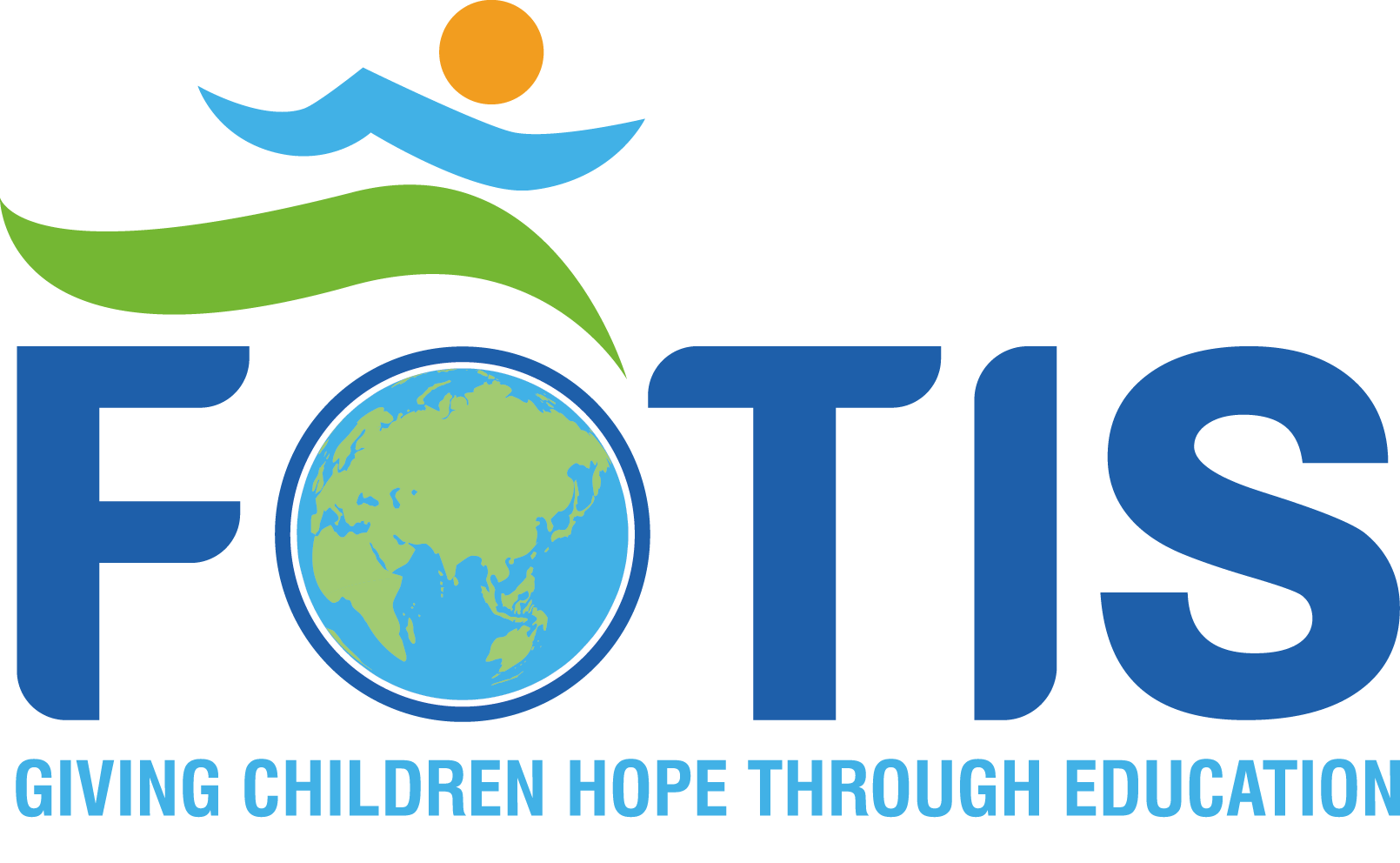FOTIS was pleased to have organized a Panel Discussion on 5 November 2019, with the participation of our five superb panelists whose experience and insights made for a most interesting and inspiring event.
You can read a summary of the discussion below the two recordings of the event.
Summary from the panel discussion held on 5 November 2019
Secondary school education has increasingly to cope with demographic pressure — aging populations in some countries and still high fertility rates in others – widespread income inequality within countries, and rapid technological change meant that labor markets were rapidly evolving.
Investments have been made in primary education, but considerably less so in secondary education. Issues of teaching quality and the appropriateness of curricula were among the challenges raised. Worldwide, there are 264 million school-age children out of school, and most of this deficit was in secondary education. This is a problem in its own right as the absence of education is a substantial curb on future chances in employment and earnings and is, moreover, a source of erosion of social inclusion, an increase in social strife, as well as declining well-being.
It is the case, too, that exclusion from secondary education, whether because it is too expensive or is simply unavailable, is a major source of rising inequality and the perpetuation of that inequality. This is one reason why it is commonplace in countries to find labor surplus coinciding with labor shortages.
Skill sets needed for successfully engaging the labor market are rapidly changing and secondary education, often focused on rote memorization and less on creativity, problem-solving, and interpersonal skill development, was often a constraint, especially as there is a clear link between educational outcomes and the quality of life thereafter. “What is education for but preparation for life?” one panelist commented.
Schools often prepare students poorly for wage-earning jobs that are in short supply in many developing countries anyway. Greater focus needed to be made on the acquisition and transferability of skills. A focus on developing entrepreneurial skills was thus equally important. Our keynote speaker noted that children from slums in India were great entrepreneurs, a survival strategy that could be invested in and upgraded. Often, however, there was widespread failure by governments to implement their otherwise good education policies.
But that is not the only challenge: often home life is a deterrent to school attendance.
In the view of one panelist, education should not be exclusively focused on getting a good job, but for contributing to a full range of social capital, such as resilience or coping, happiness and belonging. Yet another panelist nonetheless pointed out that the endeavour to acquire a quality education had much to do with getting a good job, particularly if you are from a poor family.
Improving secondary education is certainly a government responsibility, but there is the (not fully tapped) opportunity of involving other stakeholders – the private sector to ensure the relevance of education to the labor market, or the far greater use of IT to connect students with educators at a distance.
At base, “the child we are not able to touch [through a good education] is losing a great opportunity.”We hope this short account entices you take a look at the videos of the event.
